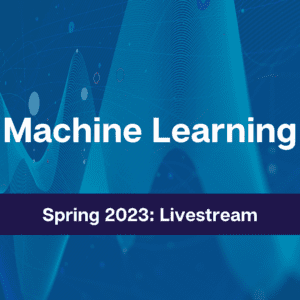Description
Analyzing Intensive Longitudinal Data is a five-day workshop devoted to the analysis and interpretation of data from studies involving many repeated measurements on individual and dyads. These studies include experience sampling, daily diary, ecological momentary assessment and ambulatory psychophysiological studies. They allow researchers to understand people’s thoughts, emotions, behaviors, and physiology in their natural contexts. Typically, they involve data collected over the course of hours, days, and weeks that can reveal life as it is actually lived and provide insights that are not possible using conventional experimental or survey research methods. Intensive longitudinal data, however, present data analytic challenges stemming from the multiple levels of analysis and temporal dependencies in the data. Extensions of multilevel or mixed-effects models for longitudinal data (e.g., multiple outcomes, lagged dependent variables as predictors, residual autocorrelation) can take account of these complexities, and the goal of the workshop is to provide training in their use.
Drawn from the presenters’ 2013 Guilford Press book, Intensive Longitudinal Methods: An Introduction to Diary and Experience Sampling Research (www.intensivelongitudinal.com), course topics will include: (a) introduction and overview of intensive longitudinal methods and designs; (b) analyzing the time course of continuous outcomes; (c) analyzing within-person causal processes for continuous outcomes; (d) modeling dyadic intensive longitudinal data; (e) modeling the time course and causal processes for categorical outcomes; (f) psychometrics of intensive longitudinal data; (g) within-person statistical mediation; and (h) power analyses for intensive longitudinal designs. The course will include lectures, software demonstrations, and data analysis practice with example datasets. Software demonstrations will be provided using SPSS, R, and Mplus.





